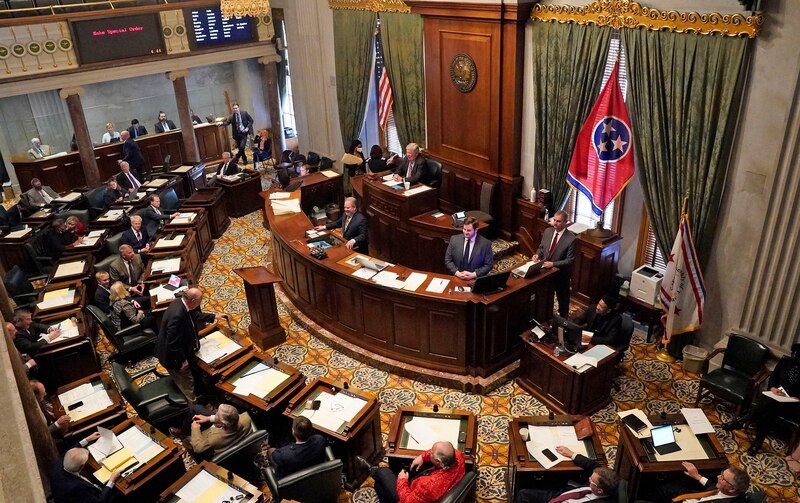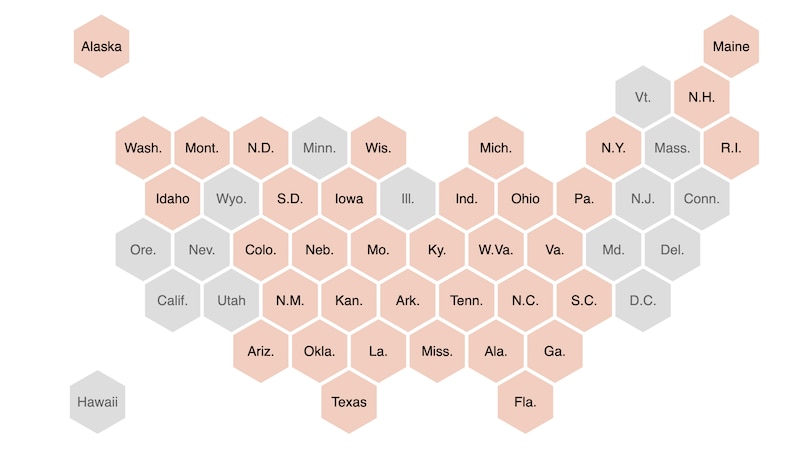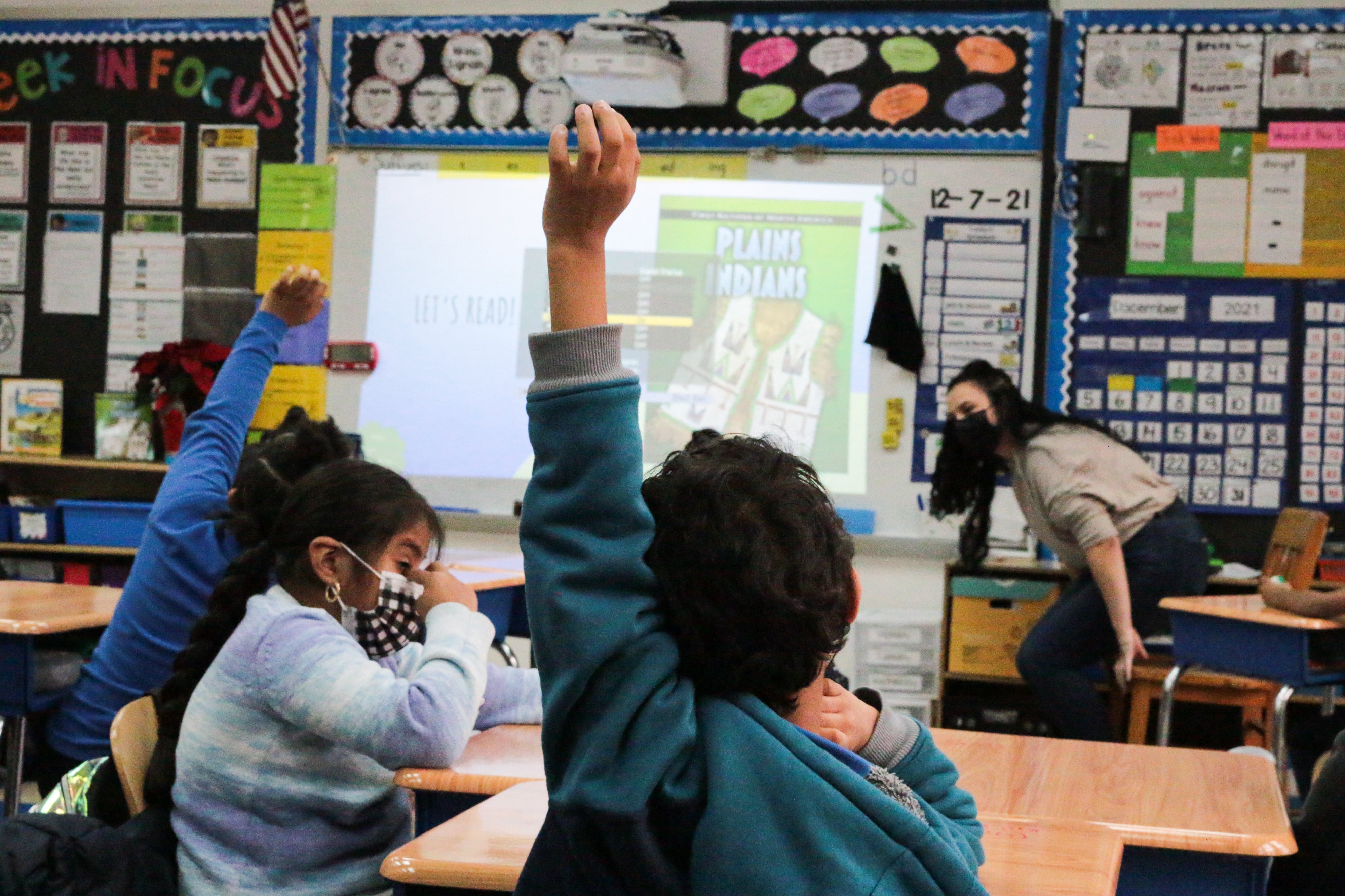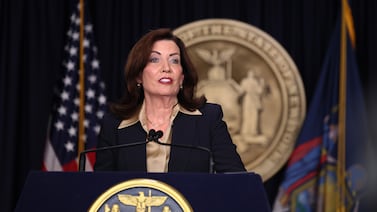Across the country, new laws targeting critical race theory and debated books are influencing the small but pivotal decisions educators make every day: how to answer a student’s question, what texts to read as a class, and how to prepare for a lesson.
Eight states, including Tennessee, now have widely varying laws restricting how schools teach about racism and sexism. And recently, several state legislatures have passed or proposed curriculum opt-out laws and measures that would make it easier to ban books.
This comes during schools’ efforts to provide social and emotional support for all students. A renewed urgency to help students navigate their mental health has been amplified by absenteeism, behavioral issues, and quieter signs of distress as many students grapple with the lingering pandemic and social unrest.
Chalkbeat Tennessee wants to hear directly from students and educators about how these contentious conversations have affected school culture and classroom dialogue. How do students and teachers of color show up as their full selves at school? What are the actual implications of the bill in Tennessee classrooms? How can schools discuss race and other difficult issues in a way that’s safe, empathetic, and empowering?
During a March 31 discussion hosted by Chalkbeat Tennessee and Education Trust, students, experts, and educators will talk about their ideas on how CRT debates and proposed book bans are impacting them and their peers.
Read on for Chalkbeat’s reading list for event attendees and anyone who wants to better understand how these issues are playing out in Tennessee schools and beyond.
We hope you find these compiled stories helpful. Do you have any remaining questions? Or story ideas for us? Reach out at tn.tips@chalkbeat.org.
Bill to bolster school library book bans advances in Tennessee legislature

Days after Gov. Bill Lee signed a law requiring school libraries to screen their materials for “age appropriateness,” Tennessee lawmakers advanced a harsher bill that could slap school librarians with criminal penalties over books some might label obscene.
The bill under consideration also would require districts or charter schools to pull books from library shelves if a parent or guardian complains the content is obscene or harmful to minors. A local school board or charter school governing body would have 30 days to decide whether to permanently remove the material based on local community standards. And the state could withhold funds from schools that don’t comply.
With book challenges and bans on the rise in Tennessee and across the nation, supporters say the legislation is necessary to create processes for addressing complaints from parents. But critics worry school leaders will feel pressure to pull titles from shelves to avoid controversy. They’re also concerned how local officials would define obscenity.
CRT Map: Efforts to restrict teaching racism and bias have multiplied across the U.S.

Officials nationwide have raced to enact new laws and introduce new policies meant to shape how students discuss the nation’s past — and its present. Many of these efforts have attempted to ban critical race theory, an academic framework that examines how policies and the law perpetuate systemic racism.
In some states, lawmakers have tried to restrict antiracism training or the teaching of what they call “divisive concepts.” But on the opposite end, other states are adding ethnic studies courses or incorporating more about people of color into their learning standards.
Chalkbeat’s map depicts the depth and breadth of these ongoing efforts to both restrict and expand how a core aspect of American life is taught in our classrooms. So far, at least 36 states have adopted or introduced laws or policies that restrict teaching about race and racism. With 2022 state legislative sessions underway, new legislation is in the pipeline.
Not getting into it: How critical race theory laws are cutting short classroom conversations

Across the country, new laws targeting critical race theory are influencing the small but pivotal decisions educators make every day: how to answer a student’s question, what articles to read as a class, how to prepare for a lesson.
Plenty of teachers say they haven’t changed their approach, and there is little evidence that these laws have led to wholesale curriculum overhauls. But in several states with new legislation, teachers say the ambiguity of the laws, plus new scrutiny from parents and administrators, together are chipping away at discussions of racism and inequality.
As states place new limits on class discussions of race, research suggests such talks benefit students

A handful of recent studies have found that students are more engaged in school after taking classes that frankly discuss racism and bigotry — just as some educators fear such discussions could be threatened by a wave of broad state laws governing classroom conversations.
The laws purport to limit discussion of critical race theory, a concept taught at the university level, but take aim at any curriculum that covers racism, diversity, and inclusion.
Each of these studies on discussions of race focuses on a relatively small program. Still, the findings are increasingly relevant because there appears to have been a meaningful uptick in efforts to acknowledge race and racism in schools.
Tennessee nails down rules for disciplining teachers, withholding money from schools that teach banned concepts about racism

Tennessee has bolstered the financial penalties against large school districts that violate the state’s new law regulating discussions on race and gender in the classroom.
The state also lengthened the amount of time allowed for filing a complaint against a teacher who has allegedly crossed the line, while it stuck with plans to accept complaints only from students, parents, or staff in the impacted district or charter school.
Education Commissioner Penny Schwinn signed off in November 2021 on emergency rules regulating the teaching of prohibited topics. The state enacted the law this spring amid national fury from conservatives about critical race theory.







